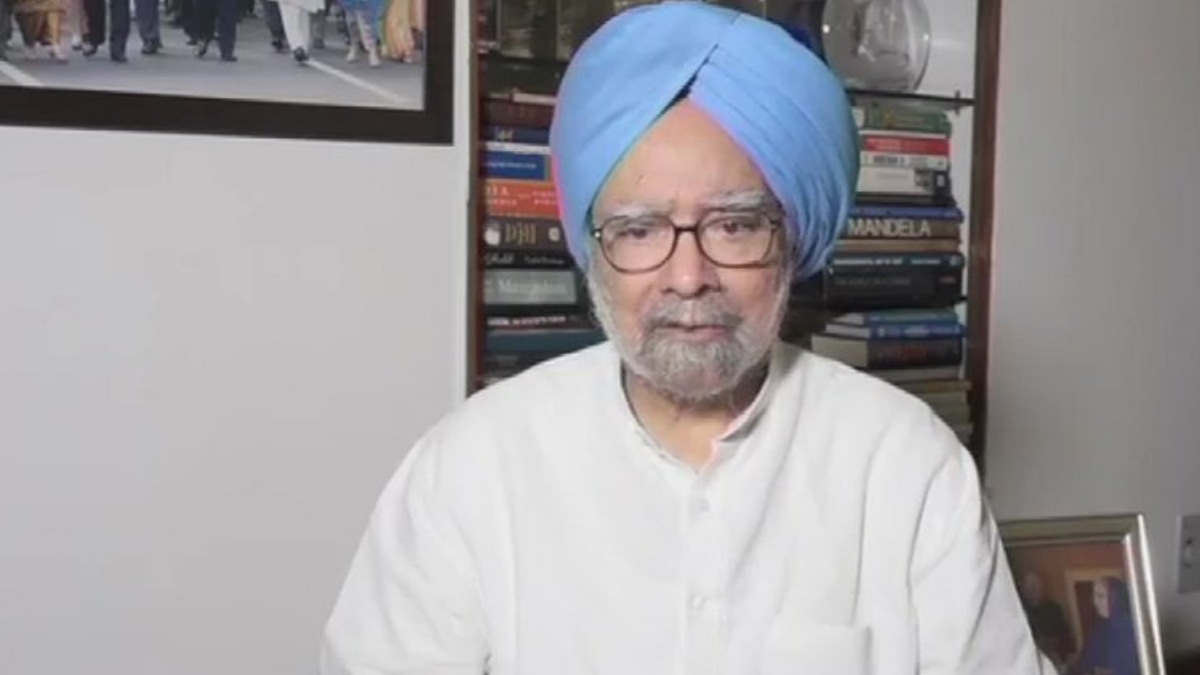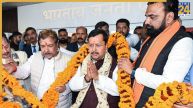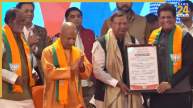Dr. Manmohan Singh, born on September 26, 1932, in Gah, a village in the Punjab province of undivided India (now in Pakistan), is widely regarded as one of India’s most influential economists and statesmen. His journey from modest beginnings to global prominence is a testament to his intellectual brilliance and unwavering commitment to public service.
Dr. Singh’s academic path began at Punjab University, where he completed his matriculation in 1948. He went on to earn a bachelor’s degree in economics in 1952 and a master’s degree in 1954. His exceptional academic performance earned him a scholarship to the University of Cambridge, where he graduated with first-class honours in the Economic Tripos in 1957. He furthered his studies at Oxford University, earning a DPhil in economics in 1962, with a thesis focused on India’s trade policies.
After completing his education, Dr. Singh began his professional career in academia, teaching at Panjab University and the Delhi School of Economics. His expertise extended to international organisations, including a role at the UNCTAD Secretariat and as the Secretary-General of the South Commission in Geneva from 1987 to 1990. His deep understanding of India’s economic challenges was further honed through key positions within the Indian government, such as Economic Adviser to the Ministry of Commerce, Chief Economic Adviser in the Ministry of Finance, Governor of the Reserve Bank of India, and Deputy Chairman of the Planning Commission.
Dr. Singh’s defining moment came in 1991 when he was appointed Finance Minister during a severe economic crisis. In this role, he introduced sweeping reforms that liberalised India’s economy, including dismantling the Licence Raj and opening trade policies to global markets. His 1991 Budget speech, quoting Victor Hugo, “No power on earth can stop an idea whose time has come,” marked the beginning of India’s transformation into a global economic powerhouse.
In 2004, Dr. Singh became the 14th Prime Minister of India, leading the United Progressive Alliance (UPA) government for two consecutive terms. Known for his intellectual depth and quiet determination, his leadership focused on inclusive development and social empowerment. Key initiatives during his tenure included the National Rural Employment Guarantee Act, the Right to Information Act, and the Civil Nuclear Agreement with the United States.
Dr. Singh’s long parliamentary career saw him serve as a member of the Rajya Sabha for several decades. He also earned numerous accolades, including the Padma Vibhushan and honorary doctorates from prestigious institutions like Cambridge and Oxford. His legacy as a transformative economist and statesman endures, inspiring generations to come. Survived by his wife Gursharan Kaur and their three daughters, Dr. Singh’s impact on India’s economic and political landscape remains profound.
Also Read: Nation Mourns The Loss Of Manmohan Singh: A Leader, Mentor, And Architect Of Economic Revolution













